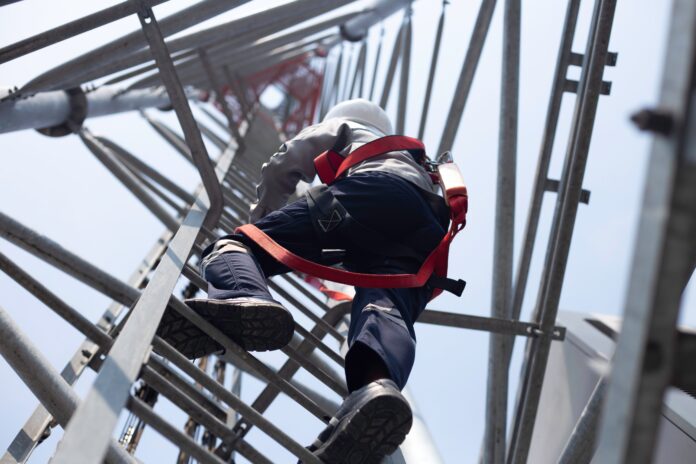1&1 claims they are inhibiting network build-out and faces fines for failure to comply with coverage obligations
Germany’s Federal Cartel Office (the Bundeskartellamt) is to examine if Vodafone and Vantage Towers “may have violated German and European competition law by impeding 1&1’s options for co-using radio masts”.
1&1 entered the German market as the fourth national network operator with a 5G licence won at the spectrum auction in 2019 – one of the most protracted and expensive in Europe. It lodged the complaint [in German] against rival Vodafone and its partly spun-off tower company in February.
Alleged delays
1&1 contracted Vantage to build most of its initial tower infrastructure and but claims the towerco has failed to meet its deployment deadlines. This, it says, has prevented it from meeting the roll-out obligations that are part of its licence terms. Or as 1&1 puts it, the problem is “obstacles to the roll-out of its 5G mobile network resulting from actions by Vodafone”.
Andreas Mundt, President of the Bundeskartellamt, noted in this announcement stated, “We welcome the intended market entry of 1&1 as a fourth mobile network operator in Germany from a competition perspective. It is clear that to develop its own mobile phone network, a company has to make high investments and take entrepreneurial risks when taking such a step.
“It is a key task of competition law to set fair rules of play for companies’ business practices. Powerful and dominant companies must not unfairly impede other companies. We will therefore scrutinise whether there are sound reasons for a delay in the provision of antenna locations for 1&1.”
Non-compliance with licence
However, 1&1’s major headaches are by no means over. Even if the Bundeskartellamt is to find in its favour under competition law, it still faces scrutiny from the Bundesnetzagentur or BNetzA (Federal Network Agency). It is in the process of deciding whether to fine 1&1 for failing – and by huge margin – to meet its coverage obligations outlined in its 5G licence.
By now it should have 1,000 5G active base stations but at the beginning of May could only demonstrate 20 – it still operates almost entirely as an MVNO. BNetzA began penalty proceedings in April and could fine 1&1 up to €50,000 per missing base station for not complying with the German Telekommunikationsgesetz or TKG (the Telecommunications Act).
1&1 is also an ISP and offers fibre-based broadband in Germany (it agreed to extend this, buying out some infrastructure from BT in January), as well as providing fixed wireless access.


